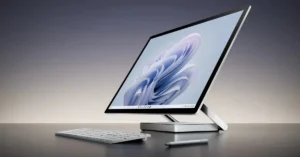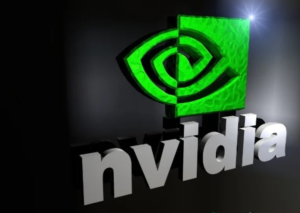Reuters claims that AMD and NVIDIA are working on Arm-based chips for Windows PCs. This might reduce Qualcomm’s market share and dramatically increase the already modest sales of Windows PCs using Arm processors.

For the past few years, Qualcomm has been the only supplier of Arm-based Windows PC CPUs; however, its contract with Microsoft is about to end in 2024. As early as 2025, AMD and NVIDIA CPUs may be accessible, providing Microsoft other choices for its devices.
According to reports, AMD and NVIDIA are being encouraged by Microsoft to incorporate “advanced AI features” into their processors. This implies that these chips may be a good fit for customers who depend on AI-powered apps, such as creative workers.

Microsoft also unveiled Windows Copilot, an AI-enhanced program that it hopes will play a significant role in Windows usage. The business is highlighting AI characteristics in the silicon as a result. A few features geared toward gaming, such potent graphics hardware and image-upscaling technologies, are also to be expected.
Generally speaking, x64-based CPUs from AMD and Intel have substantially shorter battery lives than arm-based PC processors. This makes it possible to create computers with lighter, thinner, or longer-lasting designs.
For example, the extended battery life and connection possibilities of Qualcomm’s PC processors have been well-received, but their poor performance has also drawn criticism. With AMD and NVIDIA reportedly planning to enter the market, Qualcomm may face pressure to boost performance.
The actual release date of AMD and NVIDIA’s Arm-based Windows processors is unknown, but according to Reuters, it may occur as early as 2025.